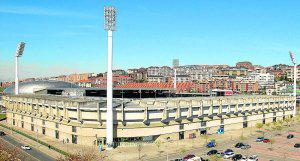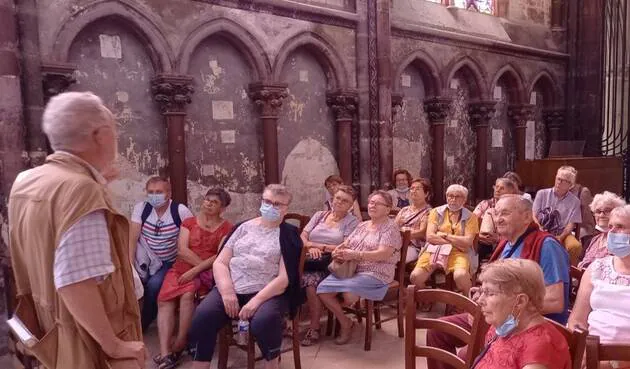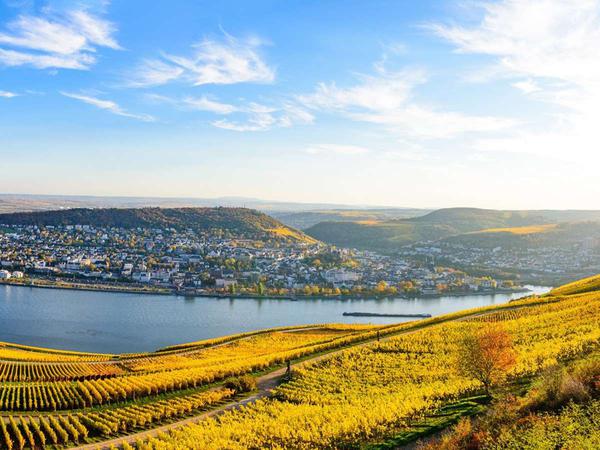El Sardinero hosts the World Cup
Perhaps few racing fans know that the old Sport Fields of El Sardinero were candidates to host World Cup matches in Spain in 1982. Perhaps the new ones can dream of hosting another World Cup in 2030 and take advantage of this circumstance for a total remodeling of the stadium .
At the beginning of June 1977, 17 cities were candidates to be the World Cup host, in addition to two fixed ones –Madrid and Barcelona– that were going to be yes or yes: Valencia, Alicante, Zaragoza, Bilbao, San Sebastián, Vigo, La Coruña, Santander , Oviedo, Gijón, Malaga, Valladolid, Cadiz, Granada, Burgos, Seville and Las Palmas. Their city councils had presented the different candidatures and almost all of them were cities with clubs in the First Division or with more than 200,000 inhabitants. It had not yet been approved that the Naranjito World Cup was going to be the first in history with 24 teams, although it was already suspected, with which there were more options for a greater number of venues. FIFA officially communicated it in January 1978. It was also speculated that two nearby cities could form a single headquarters, as would be the case of Vigo and La Coruña, Valencia and Alicante, Bilbao and San Sebastián, Gijón and Oviedo, Seville and Cádiz, etc. .
In the end, there were 17 stadiums in which the 1982 World Cup was played: Balaídos (Vigo), Benito Villamarín (Seville), Camp Nou (Barcelona), Carlos Tartiere (Oviedo), Vicente Calderón (Madrid), Rico Pérez (Alicante), Zorrilla (Valladolid), La Romareda (Zaragoza), Martínez Valero (Elche), Mestalla (Valencia), El Molinón (Gijón), Sánchez-Pizjuán (Seville), Riazor (La Coruña), La Rosaleda (Málaga), San Mamés ( Bilbao), Bernabéu (Madrid) and Sarriá (Barcelona). Of the cities that had initially requested it, only six fell: Santander, Burgos, Granada, Las Palmas, Cádiz and San Sebastián.
The objective of having turned Santander into the World Cup venue, in addition to advertising and tourist reasons for the city, was that it would serve to remodel the stadium, already in a filthy state at that time. The Federation collaborated financially in this aspect. There was even speculation about the construction of a new one in another location, something that has even been presented at various times in the history of the club.
In the end, there was a certain institutional apathy and the train passed at high speed. Many other cities wanted a very appetizing candy. Being a privately owned stadium, there was no agreement between the club and the institutions and there was really no attempt to go beyond registering it as a pre-candidate for the World Cup venue. Santander excluded itself from the bid, although the seed for the new Campos de Sport was sown. A situation that was not resolved until the end of August 1983. The Naranjito World Cup train had passed by a long time ago.

#writingcommunity how to organize your writing and schedule? Trying to be more consistent with my writing, would… https://t.co/D6ZH32AH3k
— Kae King Sat Jan 23 17:29:13 +0000 2021
It is assumed that Santander will never again be eligible to host a football World Championship or at least that it was never as close as then, but the opportunity arises again for the 2030 World Cup with the joint candidacy of Spain and Portugal . It is very complicated and everything would go through a comprehensive reform of the stadium. That Racing is not in the First Division does not help either, but there is still time.
The positive is that the Iberian candidacy is on the right track. At the end of 2024, FIFA will make a decision with the Qatar World Cup in 2022 and the 2026 World Cup in Canada, Mexico and the United States still ahead. 48 teams will already participate in the latter.
The main stumbling block for such a miracle to occur is that the reform of El Sardinero would have to increase its capacity to almost double it, since the minimum currently required by FIFA to host a World Cup is 40,000 spectators, 60,000 to host a semifinal and 80,000 for the final and opening match.
Bilbao, which could be a great rival to Santander in this regard, has also already claimed to be the World Cup venue for 2030 and after having fallen out of the European Championship due to the pandemic restrictions of the Basque authorities. The plenary session of the Bilbao city council has already approved that the Biscayan capital form part of the Iberian candidacy and that it collaborate with other institutions to achieve this objective. FIFA has two other candidates on the table, one made up of England, the Republic of Ireland, Northern Ireland, Scotland and Wales and another promoted by Argentina, Uruguay, Paraguay and Chile to host the 2030 World Cup. What is certain is that for that year the Sport Fields of El Sardinero, inaugurated in 1988, will have had to undergo a profound renovation.


